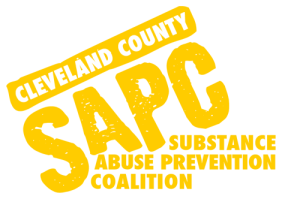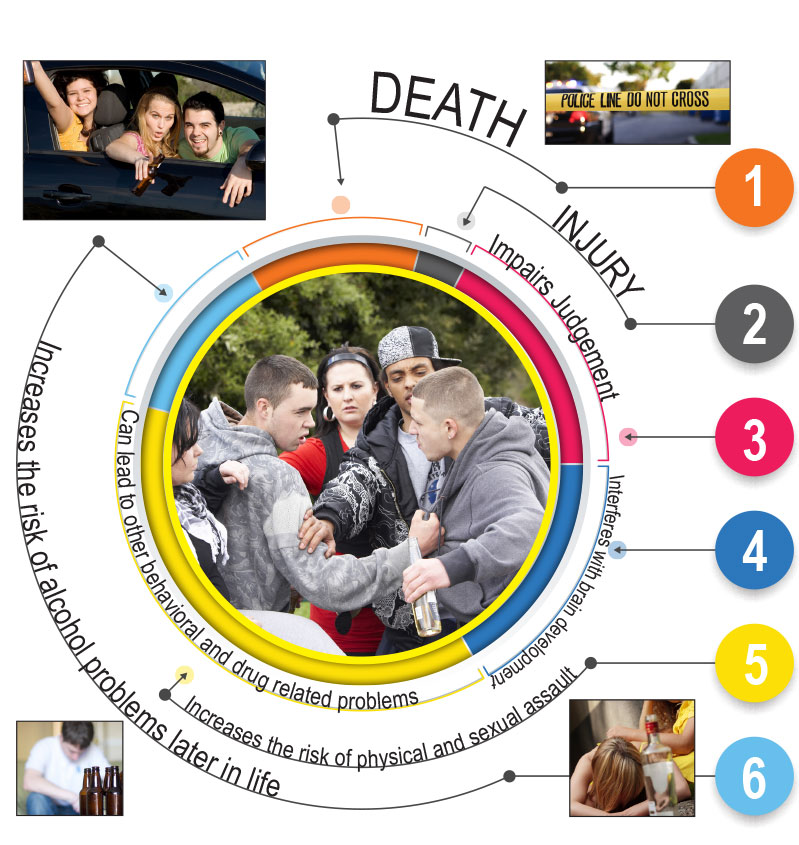
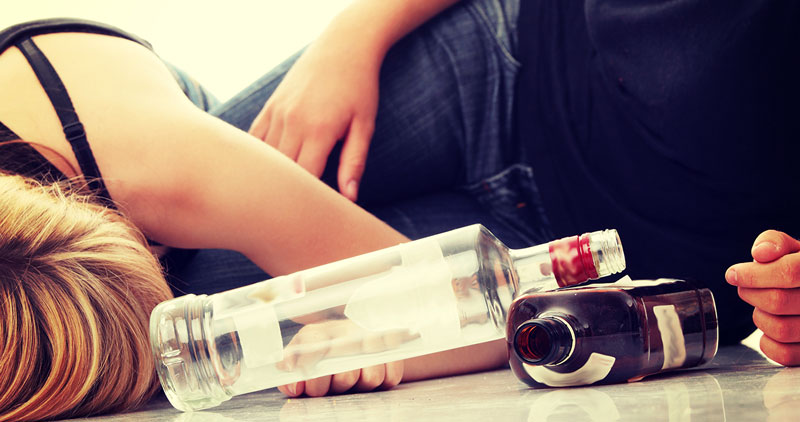
Many drink alcohol as a way to show independence, to deal with stress and to fit in without recognizing the dangers it can place on your life. The National Institute on Alcohol Abuse and Alcoholism recognizes that underage drinking can cause the following range of risks and negative consequences:
- • Death
- • Injury
- • Impairs judgement
- • Interferes with brain development
- • Increases the risk of physical and sexual assault
- • Increases the risk of alcohol problems later in life
- • Can lead to other behavioral and drug related problems
Some youth drink alcohol as a way to try to fit in or because they feel like everybody is doing it. If you ever consider drinking alcohol as a way to fit in, consider this:
In a recent survey of Cleveland County students:
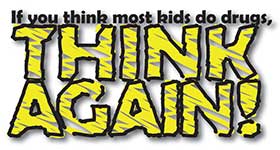
6th grade students have not consumed alcohol in the past 30 days.
9th grade students have not consumed alcohol in the past 30 days.
12th grade students have not consumed alcohol in the past 30 days.
In small doses, some of the short-term effects of alcohol are reduced tension and relaxation, but these are also accompanied by reduced inhibition (your ability to stop yourself from doing something you know you shouldn’t), coordination and reaction time – all of which put you at risk.1
When you drink a lot of alcohol and drink fast (binge drinking), the risks go up even faster. In addition to the serious dangers of alcohol poisoning. the depressant effects of alcohol can overwhelm your body’s defenses. Unable to move and think clearly, you can do risky and reckless things that are unsafe or even lethal.
Each year, approximately 5,000 people under the age of 21 die as a result of underage drinking. This includes about 1,900 deaths from car accidents, 1,600 homicides, 300 suicides and hundreds of other deaths due to accidents like falls, burns and drownings. 2
Alcohol travels through your bloodstream and can damage your brain, stomach, liver, kidneys and muscles. As a teenager, your body is still developing, so damage done to it now can affect the rest of your life. 3 Over time, drinking can wreak havoc with your body and mind.
Yes, it’s legal for people 21 and older. One reason is that alcohol can have seriously dangerous, long-term impacts on a body and brain that are still developing. Also, statistics show that more teens are killed by alcohol than by all illegal drugs combined.
Sources:
1. National Institute on Alcohol Abuse and Alcoholism. Overview of Alcohol Consumption. Retrieved May 2013 – View Source
2. U.S. Department of Health and Human Services. The Surgeon General’s Call to Action Prevention and Reduce Underage Drinking. Published March 2007. Retrieved October 2011. – View Source.
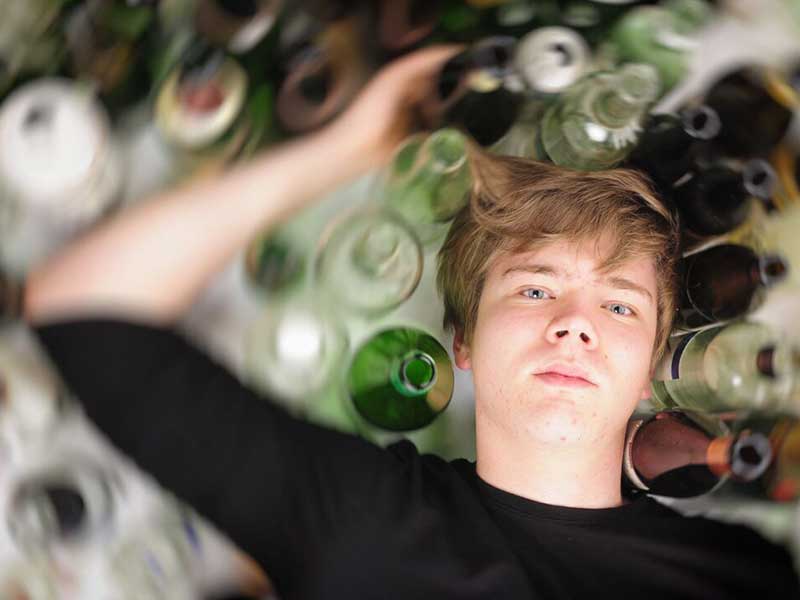
More than three young people die in alcohol-related crashes every day.
According to the National Institute of justice, alcohol use is involved in at least half of sexual assaults among college students.
People who begin drinking before age 15 are four times more likely to become alcoholics than those who begin at age 21 or older.
About 696,000 college students are assaulted each year by another student who has been drinking.
Source: Pride Survey, March 2015, grades 9 and 12
Alcohol – Legal Consequences
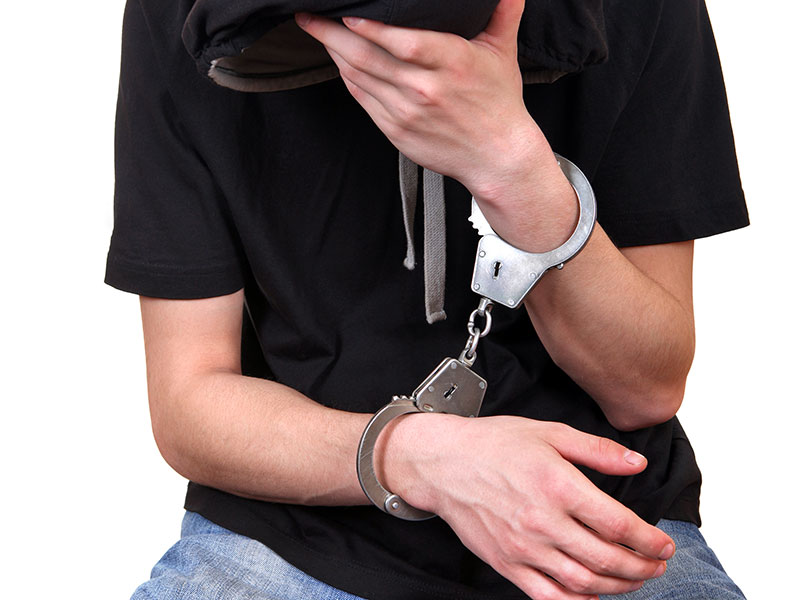
What if you are under age and convicted of drinking alcohol?
Drinking by a person under age 19 is a Class 1 Misdemeanor, and punishment can include a fine in the discretion of the judge, community service hours and a $250 fee or jail, plus court costs of $180.
Drinking by a person age 19 or 20 is a Class 3 Misdemeanor in which punishment can include a fine of up to $200 and community service hours and a $250 fee or jail, plus court costs of $180. Attorney’s fees of $300 to $800.
What happens if you are under age 21 and convicted of purchasing or attempting to purchase alcoholic beverages?
- One-year driver license revocation.
- No limited driving privilege.
- Punishment as a Class 1 misdemeanor.
- Community service hours and a a $250 fee or jail time.
- Court cost of $180.
- Fine is discretion of the judge.
- Attorney’s fees of $500 to $1,000.
- Insurance rate increase for three years.
Prevention Methods/ How to Say No/ Preventing Peer Pressure
You have to decide the best way to avoid making the wrong decision, but first you have to figure out what the situation is and what type of pressure you are facing.
Recognize There Are Two Types Of Pressure:
1. Direct social pressure is when someone offers you a drink or an opportunity to drink.
2. Indirect social pressure is when you feel tempted to drink just by being around others who are drinking—even if no one offers you a drink.
Assess the Situation:
Take a moment to think about situation you are in. In your mind, figure out what type of pressure you are facing and then make the right decision. Avoid pressure when possible.
Your best strategy may be avoiding situations that pressure you all together. Do not put yourself in situations that make you uncomfortable. You know people and places to avoid where drinking is a problem. Stay away from them to relieve any type of pressure you may feel.
Cope With Situations You Can’t Avoid:
• “No means No!” Then stand your ground
• Don’t hesitate, as that will give you the chance to think of reasons to go along
• Look directly at the person and make eye contact
• Keep your response short, clear, and simple
Simple suggestions:
• No, thank you
• No, thanks, I don’t want to
• You know, I’m (cutting back/not drinking) now (to get healthier/to take care of myself/because my doctor said to). I’d really appreciate it if you’d help me out.
Script and Practice your “No”
Saying “No” may be easier said than done. When in a situation and faced by your peers, in your mind you are saying “No” yet they think you are saying “Sure”. Practice… Practice… Practice… While you may feel funny talking to yourself, it will help you build confidence when it comes to the real situation and will help your “No” really mean “No”.
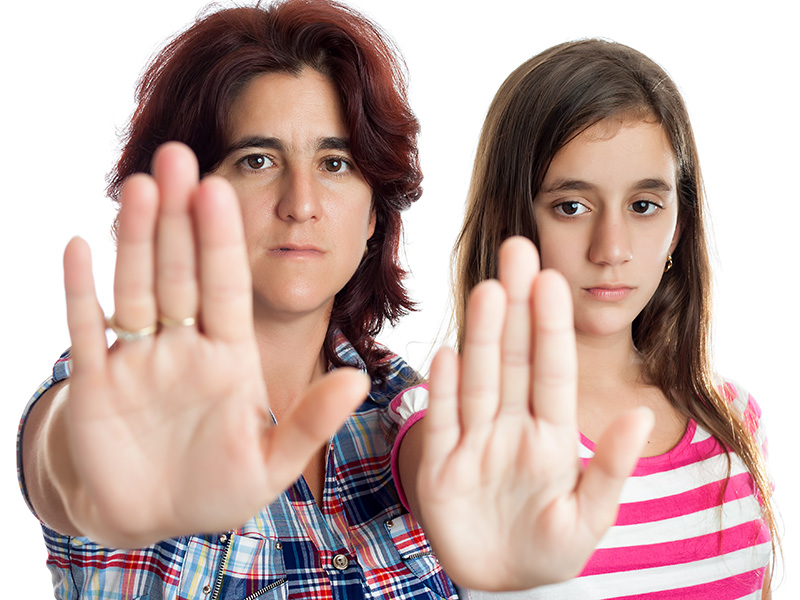
Try Other Strategies
In addition to being prepared with your “no thanks,” consider these strategies:
• When those “friends” keep asking and you are feeling tempted, have a backup plan.
• You do not have to stay at a party. Call your parents if drugs become too tempting and your friends will not leave you alone.
• Your friends should respect your decision, and you can simply ask others to refrain from pressuring you or drinking in your presence (this can be hard but they are your friends right?)
• Remember, it’s your choice!
Always remember that you are in charge, that you know how you want your life to be, and that you have the power to make decisions for yourself. Don’t let “friends” decide for you. Learn more about how to live above the influence.
Source: “http://rethinkingdrinking.niaaa.nih.gov/toolsresources/drinkrefusalskills.asp”
